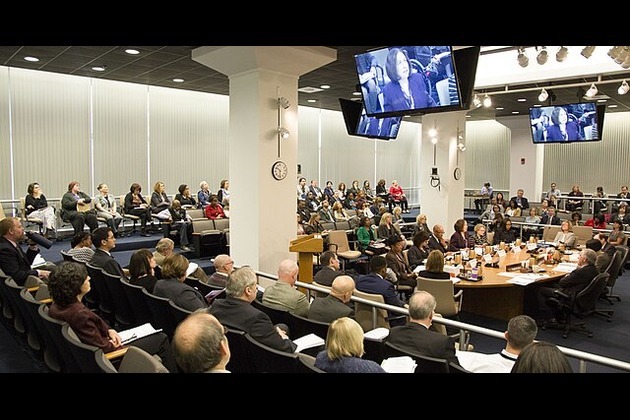Move FM Global News

EEOC ends use of ‘disparate impact’ discrimination cases
Oct 3, 2025WASHINGTON, D.C.: The U.S. Equal Employment Opportunity Commission (EEOC) will no longer investigate workplace discrimination complaints that rely on the legal theory of “disparate impact,” according to an internal memo obtained by The Associated Press.
The September 15 memo directs the agency’s area, local, and district offices to discharge by Tuesday all pending complaints based solely on disparate impact, which argues that even neutral policies can be discriminatory if they disproportionately harm certain groups without business justification. Workers may still pursue such cases privately in court, but without EEOC’s resources or subpoena power.
The decision aligns with President Donald Trump’s April executive order instructing agencies to scale back reliance on disparate impact analysis, which he argued burdens employers and fosters “racial balancing” rather than meritocracy.
Critics say the shift removes one of the most effective tools to uncover hidden bias, particularly as artificial intelligence becomes more prevalent in hiring. AI can replicate patterns of inequality even without explicit intent. Amazon, for example, scrapped a resume-screening tool after finding it favored male candidates for technical roles because it was trained on past data from its male-dominated workforce.
“As AI is becoming more popular, it’s particularly important that we have the disparate impact tools available to make sure it’s not being used to resegregate the workforce,” said civil rights attorney Christine Webber.
Historically, disparate impact cases have been less common than intentional discrimination claims, but lawyers say they are often the most relevant in addressing systemic issues. Bradford Kelley, a former EEOC counsel now with Littler, noted that many states and cities maintain their own disparate impact laws, meaning “the risk is still there” for employers.
The doctrine has been a fixture of U.S. civil rights law for decades, striking down practices that excluded minorities, women, older adults, and people with disabilities. Former EEOC officials warned the agency’s retreat could affect thousands of workers. “I was disturbed to see the agency closing charges based on category, not the facts,” said former general counsel Karla Gilbride.
Some employers are continuing to test for bias voluntarily. Job site Indeed, for instance, said it applies both disparate impact and disparate treatment analyses in developing its AI-powered virtual hiring assistant. “We are maintaining all of our responsible AI analysis that we had before,” said senior product director Heidi Laki.


